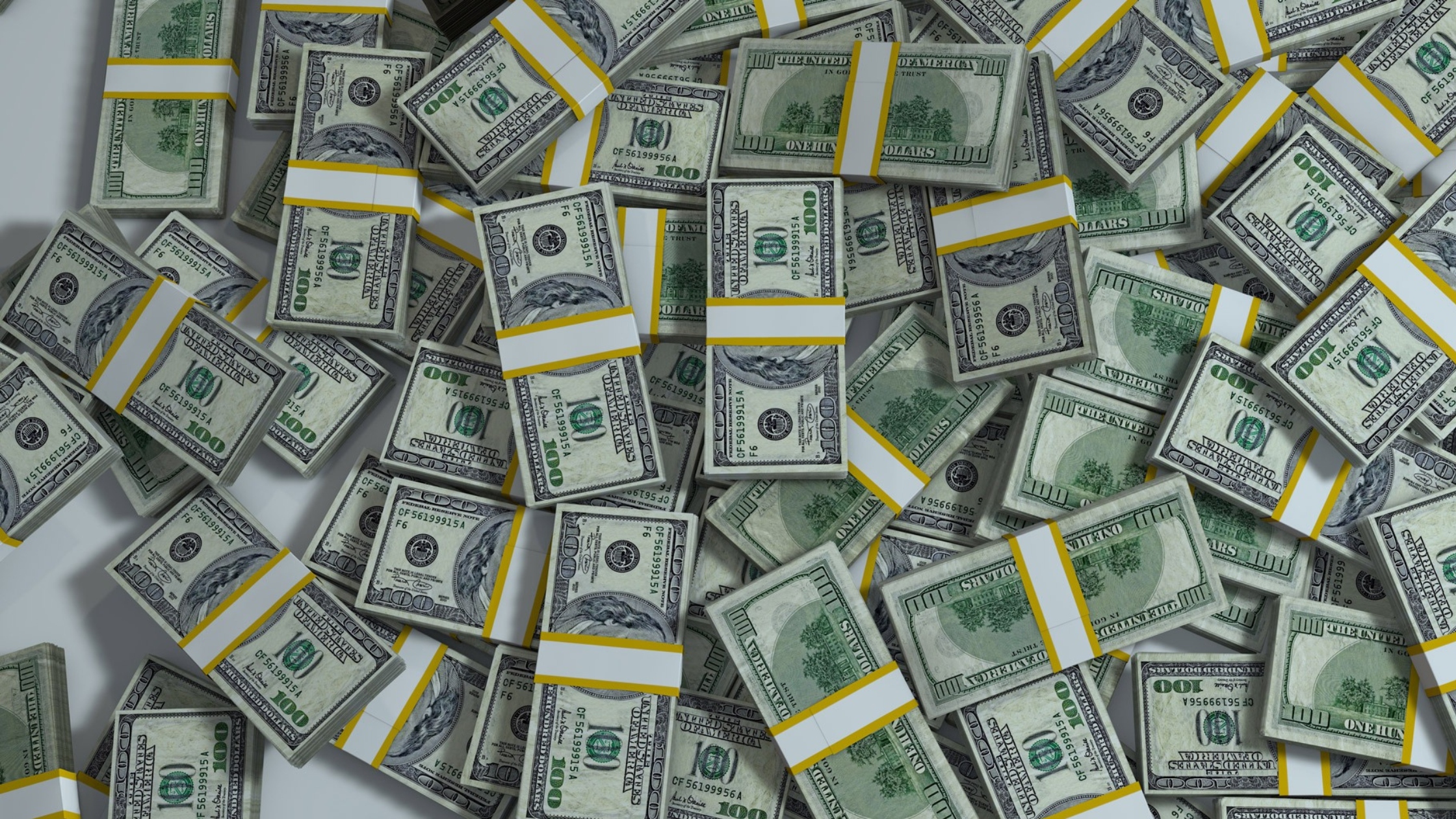How Much Cash Do You Need To Start Your Own Business?
Owning a business can bring you financial success, but getting started will require an up-front investment. In this article, we want to give you a good picture of the common startup costs associated with starting a small business. We will include options for funding to help cover startup costs, along with ideas to reduce costs to get your business off the ground. So if you’re thinking about starting your own company, read on!
How much money do you need to start a business?
Money and business are two words that are often used together. When starting a business, money is a factor to consider. The amount of money you need to create a business depends on several factors, including the type of business you want to start, the costs associated with starting and operating the business and your financial situation.
You’ll need to have a detailed business plan that includes a clear business structure and realistic financial projections. Will your company be a Limited Liability Company (LLC)? What is your projected revenue? What are some common expenses to start a business?
Do your research

One of the essential steps in starting your own business is researching and figuring out how much money you’ll need to get started. Although this can be daunting, there are a few key things to remember when estimating your startup costs.
Make a List
Start by making a list of everything you’ll need, then research the average cost of each item. This will give you a good starting point for budgeting for your new business. Keep in mind that unexpected expenses always pop up, so it’s always a good create a plan to handle these issues. With careful planning and some financial preparation, you can be ready to start your business without breaking the bank.
In general you’ll want to look into the cost of inventory, rent or a mortgage, advertising and employees. And that’s just the beginning!
Identify Type of Business
Depending on the type of business you want to start, consider how much space you’ll need and where you’ll want to locate your place of business. Will you need furnishings, equipment, tools, etc. or are you able to begin with some materials you already have?
Will you need to purchase inventory? How much inventory will it take to get started? How many employees will you need to provide services?
Advertising Costs
Don’t forget to factor in the cost of marketing and advertising your business. Will you be able to get started with word of mouth only, or will you need to more than that to get our company seen?
Look for funding sources
If you’re looking to start a business, one of the first things you’ll need to do is obtain capital. Many different funding options are available. Which is right for you will depend on your specific situation and business needs.
Loans and grants are two of the most common types of funding, but there are also other options, such as crowdfunding or venture capitalists.
Depending on your business idea, you may be eligible for multiple types of funding. The best way to find out what funding options are available is to research and talk to other entrepreneurs in your industry. Many online resources can help you learn more about funding for small businesses.
Bootstrap
One of the best ways to keep your business costs down and make it more profitable sooner is to bootstrap. Bootstrapping means putting in the extra work yourself to get things done rather than hiring someone else to do it. This can mean building your website, handling social media, creating your own marketing strategy, etc.
While it may take a bit more time upfront, it can save you a lot of money in the long run. And, as a bonus, you’ll better understand your business and how it works, which can only help you be more successful.
So if you’re looking to cut costs and boost profitability, don’t be afraid to roll up your sleeves and do some bootstrapping.
Get creative with your finances
We all know that financial stability is essential, but achieving it can be easier said than done. One way to help improve your financial situation is to get creative with your finances.
Reduce Costs
One way to reduce expenses is to cut back on unnecessary costs. You have some options to consider.
Fixed Costs
First look at your fixed costs. These may include how much rent you plan to pay for your place of business, whether you’ll need office or warehouse space, how many employees you plan to hire right off the bat, along with benefits you will provide, where your business will be located—will it be in a high rent area?—how much you can afford in loan repayments, etc.
Even though these costs may seem fixed, there are probably adjustments you can make to reduce some of these costs from the get go. Perhaps you can renegotiate an existing loan repayment plan, provided your credit is excellent and your payments have been on time.
You may even decide to open your business in a less than upscale location and grow from there. Of course, it will depend on your customer base and the services you wish to provide.
Variable Costs
What will your variable costs be? These can be cost of goods sold, supplies needed to produce a product, delivery charges, distribution costs, etc. Those are costs that can be adjusted with ingenuity and efficiency.
For instance, the development and completion of a product may require a certain number of hours of labor. With more efficient equipment or technology, there could be adjustments made to reduce man hours and production costs.
Increase Revenue
In addition to reducing expenses, you can also look for ways to bring in more revenue. If you have a hobby that you’re good at, see if you can turn it into a side hustle and make some extra money.
You could also look into ways to make money from home, such as through online surveys or gig economy platforms. Whatever you do, getting creative with your finances can help you achieve excellent financial stability.
How much does a startup cost?

Starting a business can be costly, but it doesn’t have to empty your bank account. There are several ways to get started without spending a lot of money.
One way is to start small. This means focusing on a specific niche or market and starting with a limited product or service offering. This helps to keep startup costs low as you can get by with less inventory and fewer staff.
Another way to reduce startup costs is to use technology. Several free or low-cost online tools can help you get your business up and running quickly and easily.
Finally, don’t forget the power of networking. Connecting with other companies and entrepreneurs in your community can help you access resources and advice that can save you money.
So, while startup costs can vary depending on the business you’re starting, there are plenty of ways to keep them low.
Startup expenses for several common businesses
Here are some common businesses with the average cost for startup.
Restaurant: $9,000
Hotel: $100,000
Grocery Store: $30,000
Convenience Store: $10,000
Car Wash: $15,000
Tire Shop: $20,000
Auto Repair Shop: $25,000
Get Started!
Starting a business can be a stressful but exciting undertaking! With planning and preparation, you will determine your own business startup costs and prepare financially to get your company up and running.
You can start small with as little as $500 and grow your business from there. There are many different ways to get started, so don’t let the initial cost scare you away. Just do your research and get started today!


